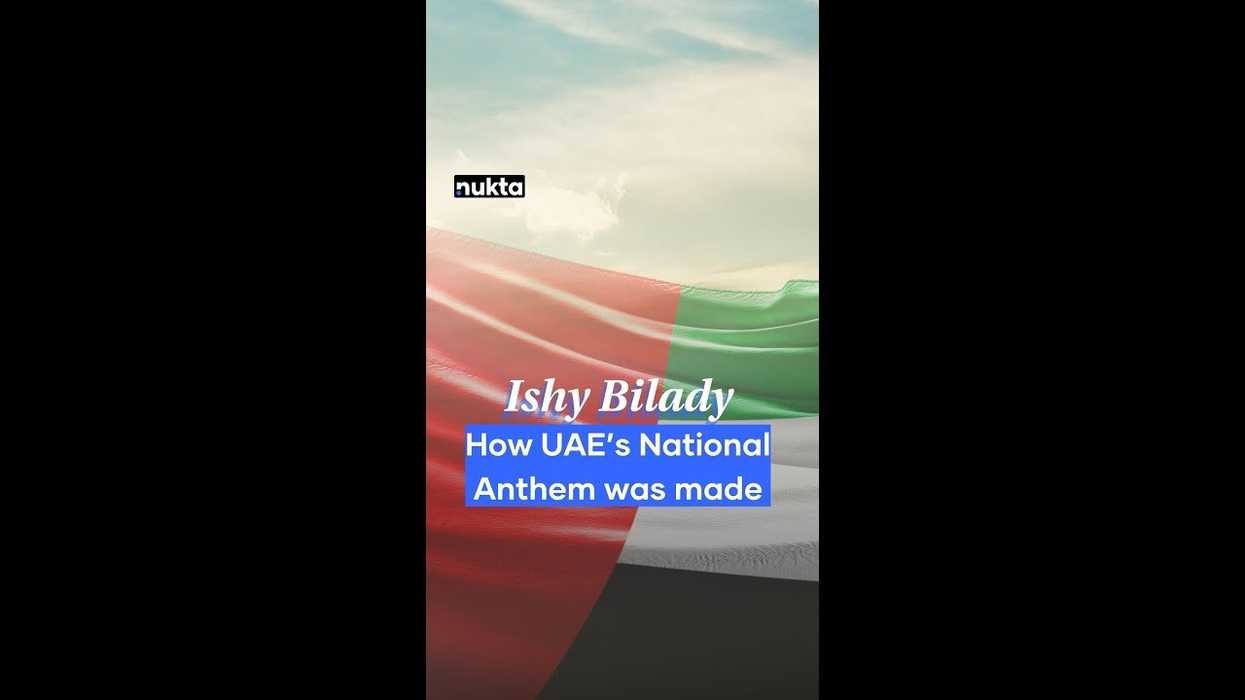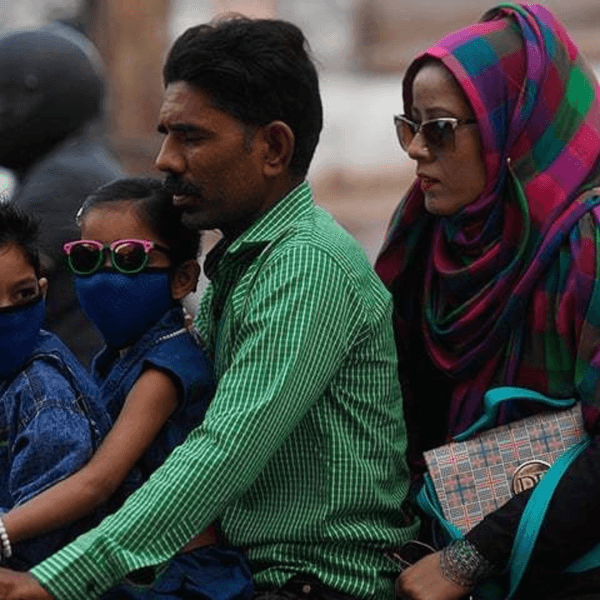Ishy Bilady: The story of UAE's National Anthem
For 15 years after the UAE’s founding in 1971, the anthem existed without words — until a respected poet rose to the occasion and crafted its lyrics in just three days.
Riham Darwish
Senior Producer
A digital journalist with a strong background in news reporting and editing, in written and visual forms.
Before every school day, every official ceremony, and every match, a familiar melody fills the air. For Emiratis and residents alike, Ishy Bilady (Long Live My Country) holds a special place, reflecting of the UAE’s identity, values, and aspirations.
Yet for 15 years after the UAE’s founding in 1971, this anthem existed without words — a composition of pure notes, echoing the aspirations of a young federation. Its melody was stirring, its silence eloquent.
But as the country grew, so too did the need for an anthem that could speak — words that could give voice to its spirit.
A melody without words
As the seven emirates came together to form the UAE in 1971, a melody for the anthem was composed by Saad Abdel Wahab, a renowned Egyptian musician. Since then, the instrumental piece became a fixture at official events, carrying the weight of the UAE's aspirations.
However, in 1986, the UAE national anthem received its first major change. When then Education Minister Humaid Al Tayer was on a routine visit to schools, he noticed something about the anthem — it was a song without words in a country now brimming with stories.
A poet's challenge
Dr. Arif Al Sheikh, a respected poet, scholar, and educator, was approached with an urgent request. As the head of the examinations department at the Ministry of Education, Dr. Al Sheikh was a man of letters and deeply familiar with the UAE's cultural and national values.
He was handed a cassette of the instrumental melody and tasked with a monumental challenge: write the lyrics to the national anthem in just three days.
Dr. Al Sheikh rose to the occasion with remarkable focus. To fully immerse himself in the task, he played the melody about 60 times, letting its rhythm and tone guide his thoughts. The process was deeply introspective; his mission was not merely to match words to music but to encapsulate the UAE's spirit of unity, its cultural roots, and its aspirations for the future.
The Words of Ishy Bilady
In his verses, Dr. Al Sheikh conveyed themes of loyalty, faith, and sacrifice, woven together to reflect the nation’s identity. The lyrics of Ishy Bilady are a declaration of devotion to the UAE, its values, and its people:
Long live my country, the unity of our Emirates lives.
You have lived for a nation
Whose religion is Islam and guide is Quran.
I made you stronger in God’s name, oh homeland.
The anthem celebrates the UAE’s Islamic foundations while emphasizing progress and unity. The recurring refrain, “My country, my country, my country,” is a heartfelt pledge of allegiance, while the later lines, “We sacrifice for you, we supply you with our blood; we sacrifice you with our souls, oh homeland” underscore the profound dedication of the Emirati people to their country.
A national symbol takes shape
Once completed, the lyrics were recorded at Radio Dubai, ensuring that the anthem could reach every corner of the nation. Schools and government offices received the official version, and it quickly became a staple of daily life in the UAE.
Every morning, as students raised the flag, they now had words to sing — words that brought life to the melody and made the anthem a true expression of national pride.
Today, Ishy Bilady is more than a song; it is an emotional anchor for the Emirati people. It plays at events, in schools, and during international celebrations, resonating with all who hear it. Its melody and lyrics are a tribute to the UAE's remarkable story — a journey of unity, progress, and unwavering patriotism.
Through its stirring tune and poignant words, Ishy Bilady ensures that the values and spirit of the UAE endure, reminding its citizens and the world of the extraordinary heart of this young nation.








Comments
See what people are discussing